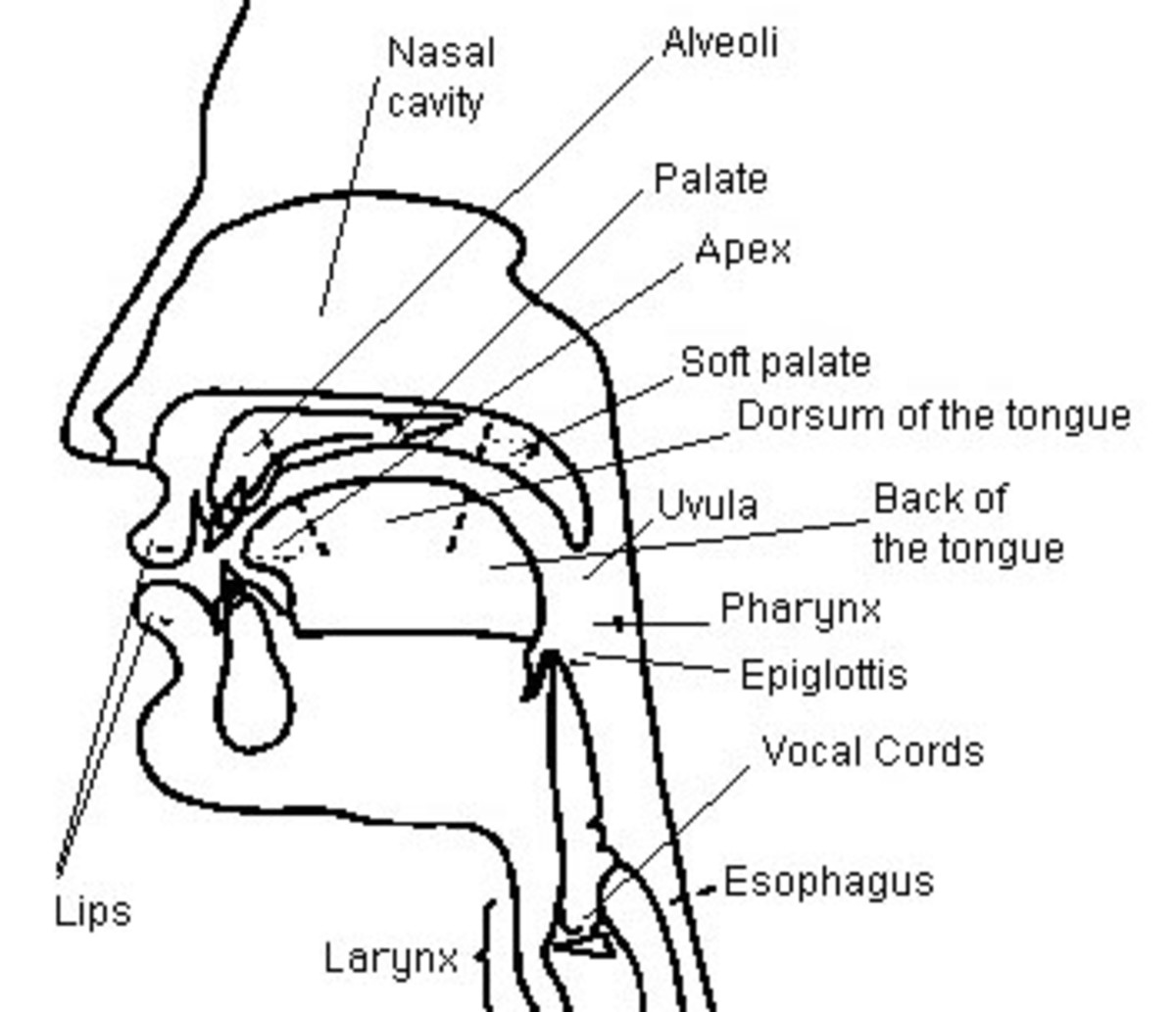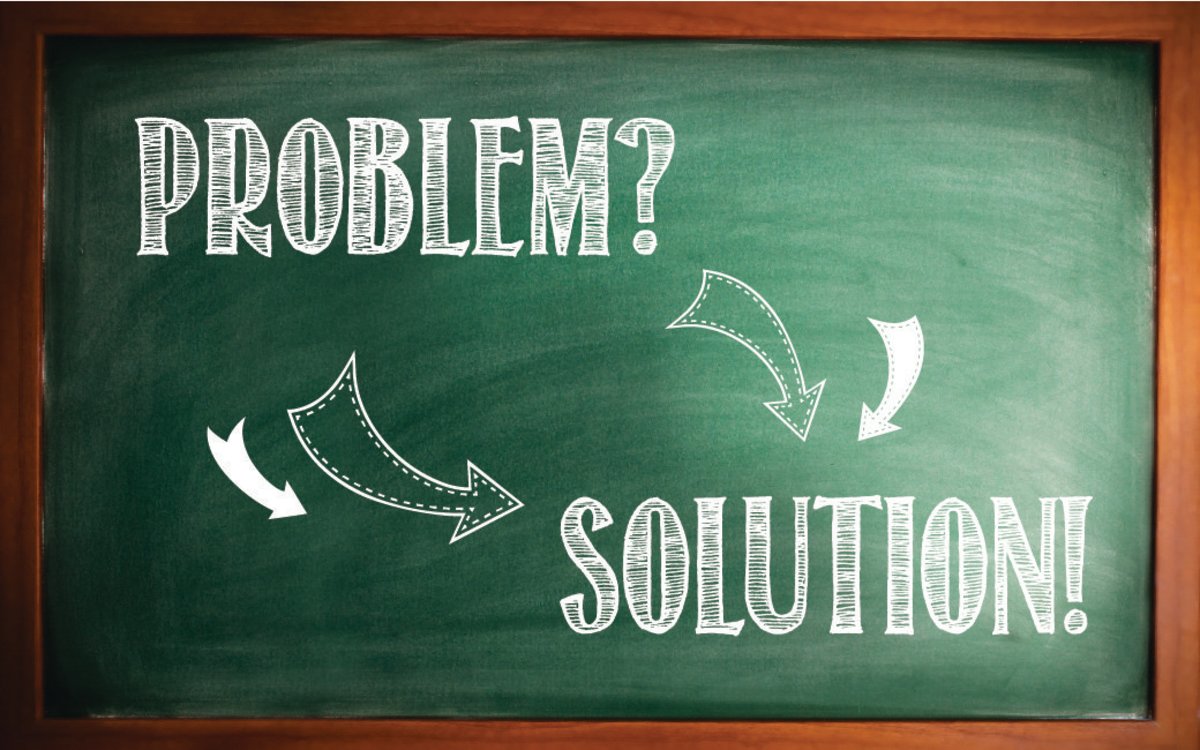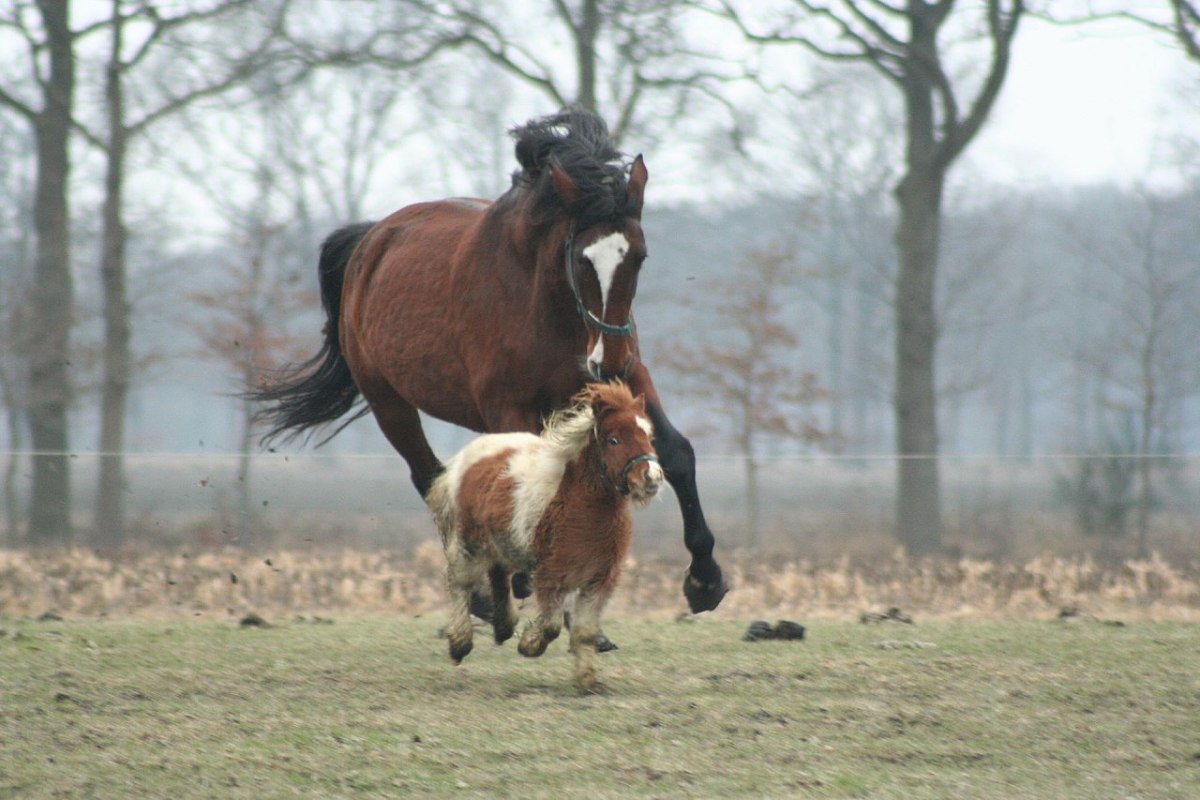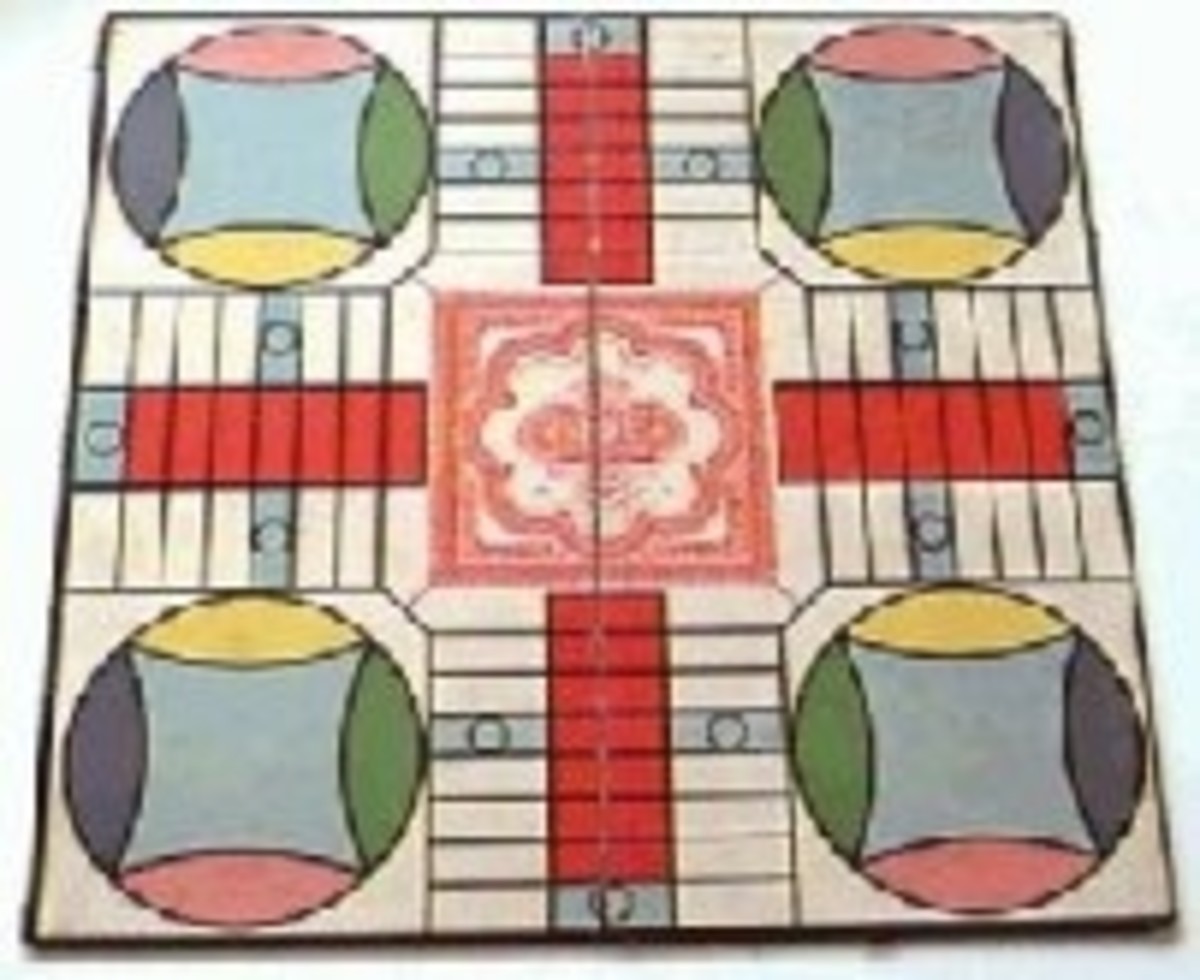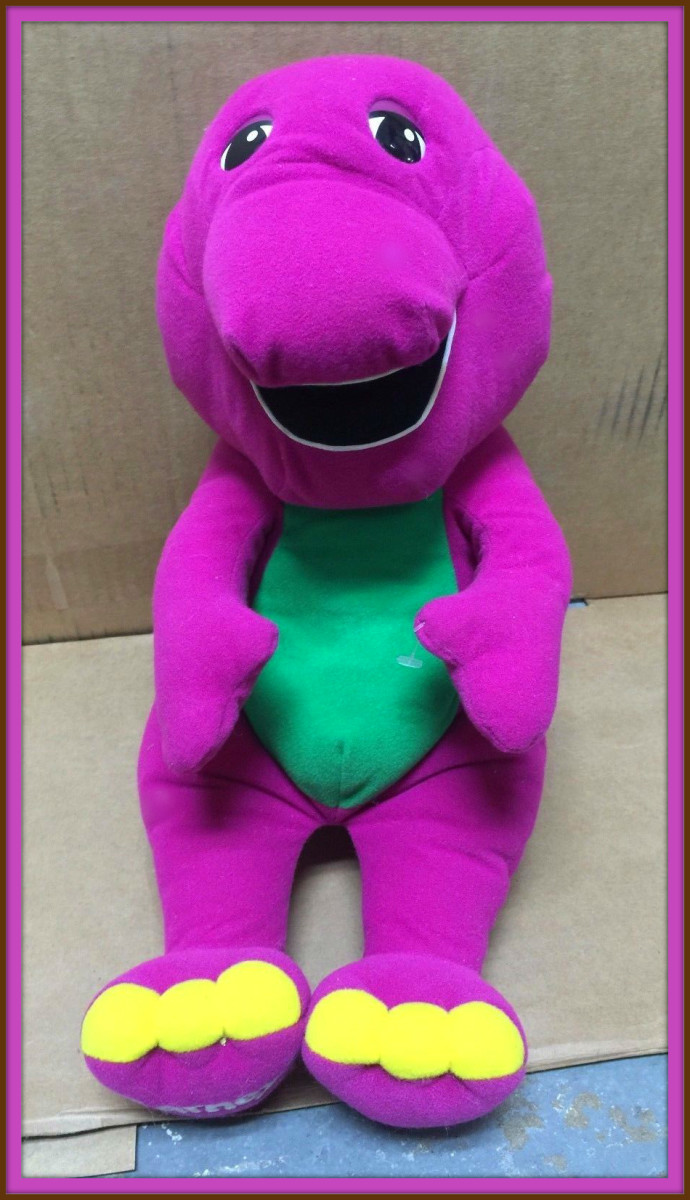Helping Kids Solve Problems
Step 1
Helping kids solve problems can start from a very young age. Even before kids are talking, crawling, and walking, they encounter problems every day. Help your baby learn to reach for things, roll over to reach them, or use other objects as "tools" (ex: a wooden spoon to reach a bowl that has rolled away). Helping baby learn to retrieve objects out of reach helps to teach them they can manipulate their environment, which is one of the first steps to problem solving and self-sufficiency.
Step 2
As babies get older and start to move, place small items on a step stool, under a bucket or bowl, or behind a larger object. As babies learn to reach up, under, and around, they learn object permanence (that things don't disappear just because we can't see them anymore) and that objects can be retrieved and played with from a variety of different locations. This also helps babies and toddlers learn generalization (that all "blocks" are "blocks" regardless of color or size or location).
Step 3
As kids get older, games like peek-a-boo are a great way to teach problem solving. Putting a blanket over your face or turning around are great ways to get your child to interact with you and to also find ways to get your attention. Pretending to be "busy" or "not hear" a child also challenges him or her to find different ways to get your attention which is a key to problem solving (seeing multiple solutions).
Step 4
"Setting up" problems works great with toddlers because it challenges them to accept and manage he unexpected. Having kids solve your problems (pretending you can't find something or do something) also helps kids learn because it works not only on fixing the situation, but also on communication and instructional skills. As your toddler, preschooler, or school-age child tries to tell you how to "fix" things, he or she is learning social interactions and is having to perform higher-level thought processes to first think of the solution, then express it, and finally demonstrate it for you and check to see if you understood.
Step 5
Teaching problem solving skills can be a basic part of your interactions with your child using everything from direct instruction of your child to cooperative learning / coping skills to pretend helplessness on your part. It can be fun and rewarding for both of you as your child feels he or she has "helped" you and you get to see your child learning and discovering new abilities. Teaching problem solving skills early helps everything from sharing and taking turns now to solving math problems and writing essays later on.



